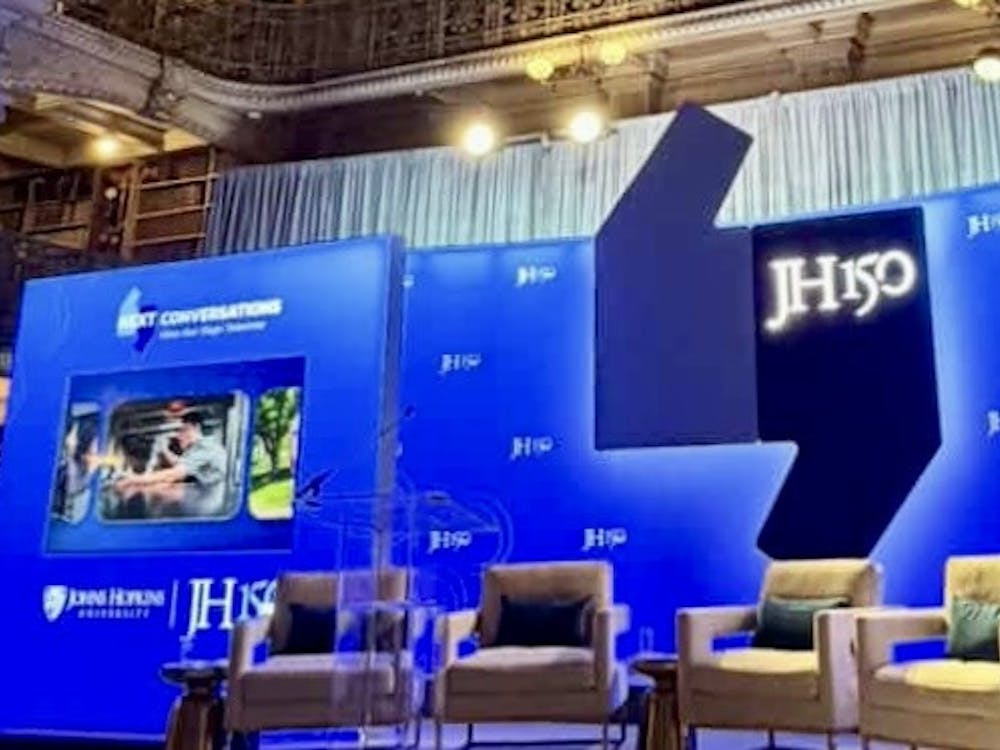Call me biased, but the worst snub this year for the Grammy nominations was The Weeknd – Abel Tesfaye. As Abel’s #1 fan (you’re talking to someone who is seriously considering getting a “Stargirl” tattoo), this year’s Grammy nominations were nothing short of criminal.
Abel Tesfaye, known professionally as The Weeknd, is a Canadian singer, songwriter and producer who rose to prominence in the early 2010s after releasing a series of atmospheric R&B mixtapes online (consisting of House of Balloons, Thursday and Echoes of Silence). His distinctive blend of pop and R&B quickly set him apart, leading to his breakthrough studio album, Beauty Behind the Madness. Over the past decade, Tesfaye has become one of the most influential artists in global music, encompassing over 86.9 billion streams and a career defined by chart success and critical acclaim.
It’s no secret that The Weeknd’s relationship with the Grammys has been rocky, to say the least. From publicly denouncing the Recording Academy in 2020 after After Hours was completely shut out (despite dominating charts and culture) to his decision to boycott future submissions altogether, the Weeknd’s absence this year feels both expected and infuriating. But this feud didn’t begin in 2020. Back in 2016, after Beauty Behind the Madness earned nominations but lost in major categories, fans were already sensing a pattern. Even Starboy, despite winning Best Urban Contemporary Album, seemed under-recognized for its cultural impact, reinforcing the tension between Tesfaye’s artistic vision and the academy.
Last year, it seemed like this feud had dissipated. Despite the X post where he once called the Grammys “corrupt,” The Weeknd made a surprise return to the stage in 2025, performing “Cry for Me” from his newest album, Hurry Up Tomorrow, during the ceremony — this signaled (maybe) that peace had finally been restored. The Recording Academy had even implemented changes to their nomination process following his criticism, promising greater transparency and diversifying its membership. For a brief moment, it felt like the tides had turned.
But when this year’s nominations dropped, that illusion shattered. Sure, “Sao Paulo” isn’t my favorite, and maybe I wasn’t particularly moved by the “Open Hearts” music video, but “Cry for Me” not being nominated for “Best Pop Solo Performance” feels almost laughable. The track is pure The Weeknd. From the lush production to the haunting vocals, the track dominated streaming platforms and earned critical praise for its sound.
Part of why the initial shift felt so meaningful is because of how consistently Tesfaye has reinvented himself across his discography. People often trace his arc from the melancholia of Trilogy to the futurism of Starboy, but that evolution is far from linear. For example, Kiss Land remains one of his most underrated works. Even though it was largely overlooked upon release, fans consider it a cult classic. In my opinion, it’s this kind of experimentation that has made the Weeknd so difficult for the academy to reward.
What makes this pattern even more frustrating is the larger impact that Tesfaye’s music has had on the last decade of popular culture. The Weeknd isn’t only shaping genres, but also stories. Artists have attempted to echo his sound and borrow his visual language, which he is able to create effortlessly. The disconnect between the academy’s decisions and the cultural reality only highlights how outdated its metrics for “excellence” have become.
Hurry Up Tomorrow is nothing short of a masterpiece. It’s a seamless evolution of Tesfaye’s discography, and it feels like a culmination of everything he’s built over the past decade. Each track felt like a film, like proof that he’s curating worlds. This album marked the end of Tesfaye’s time as “The Weeknd,” an announcement he made during an interview.
That’s what makes the snub sting even more. This wasn’t some mid-career filler project, but the end of an era.
At this point, it’s hard not to feel like the Grammys’ relationship with Tesfaye has become personal. Maybe it’s his continuous critique of industry rules or his willingness to publicly challenge the academy’s credibility. Whatever the reason, his continued exclusion says more about the Grammys’ inability to evolve than about the quality of his work.
In many ways, The Weeknd has outgrown the need for the academy’s approval. His music has redefined the soundscape of R&B, his tours sell out stadiums across continents and his influence can be heard globally. Still, there’s something hilariously frustrating about seeing such an undeniably talented artist sidelined by an institution that’s supposed to celebrate musical excellence.





